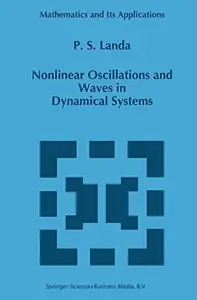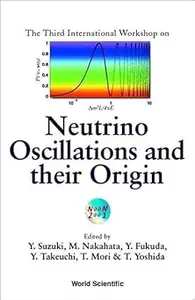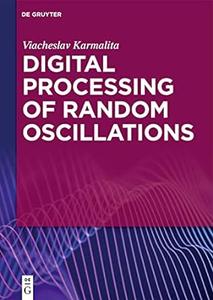
Free Download Nonlinear Oscillations and Waves in Dynamical Systems By P. S. Landa (auth.)
1996 | 544 Pages | ISBN: 9048146704 | PDF | 12 MB
A rich variety of books devoted to dynamical chaos, solitons, self-organization has appeared in recent years. These problems were all considered independently of one another. Therefore many of readers of these books do not suspect that the problems discussed are divisions of a great generalizing science – the theory of oscillations and waves. This science is not some branch of physics or mechanics, it is a science in its own right. It is in some sense a meta-science. In this respect the theory of oscillations and waves is closest to mathematics. In this book we call the reader’s attention to the present-day theory of non-linear oscillations and waves. Oscillatory and wave processes in the systems of diversified physical natures, both periodic and chaotic, are considered from a unified poin t of view . The relation between the theory of oscillations and waves, non-linear dynamics and synergetics is discussed. One of the purposes of this book is to convince reader of the necessity of a thorough study popular branches of of the theory of oscillat ions and waves, and to show that such science as non-linear dynamics, synergetics, soliton theory, and so on, are, in fact , constituent parts of this theory. The primary audiences for this book are researchers having to do with oscillatory and wave processes, and both students and post-graduate students interested in a deep study of the general laws and applications of the theory of oscillations and waves.


